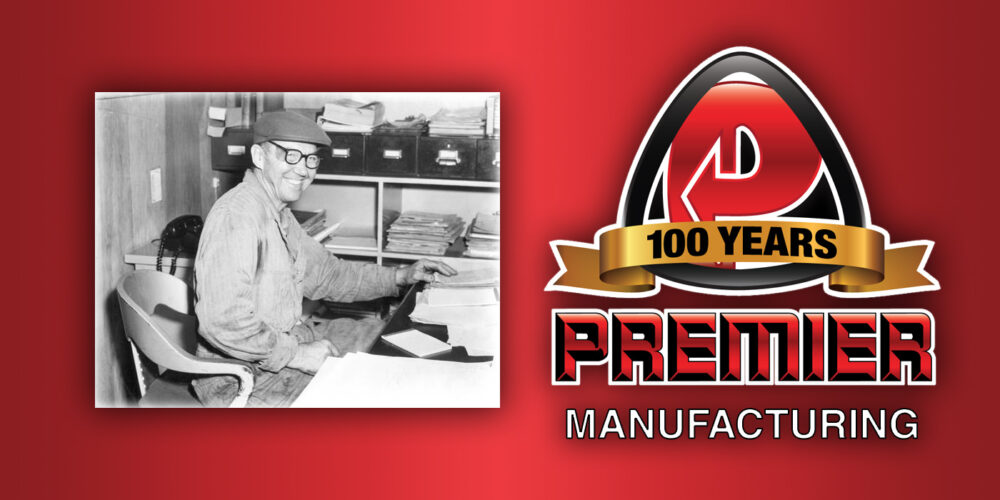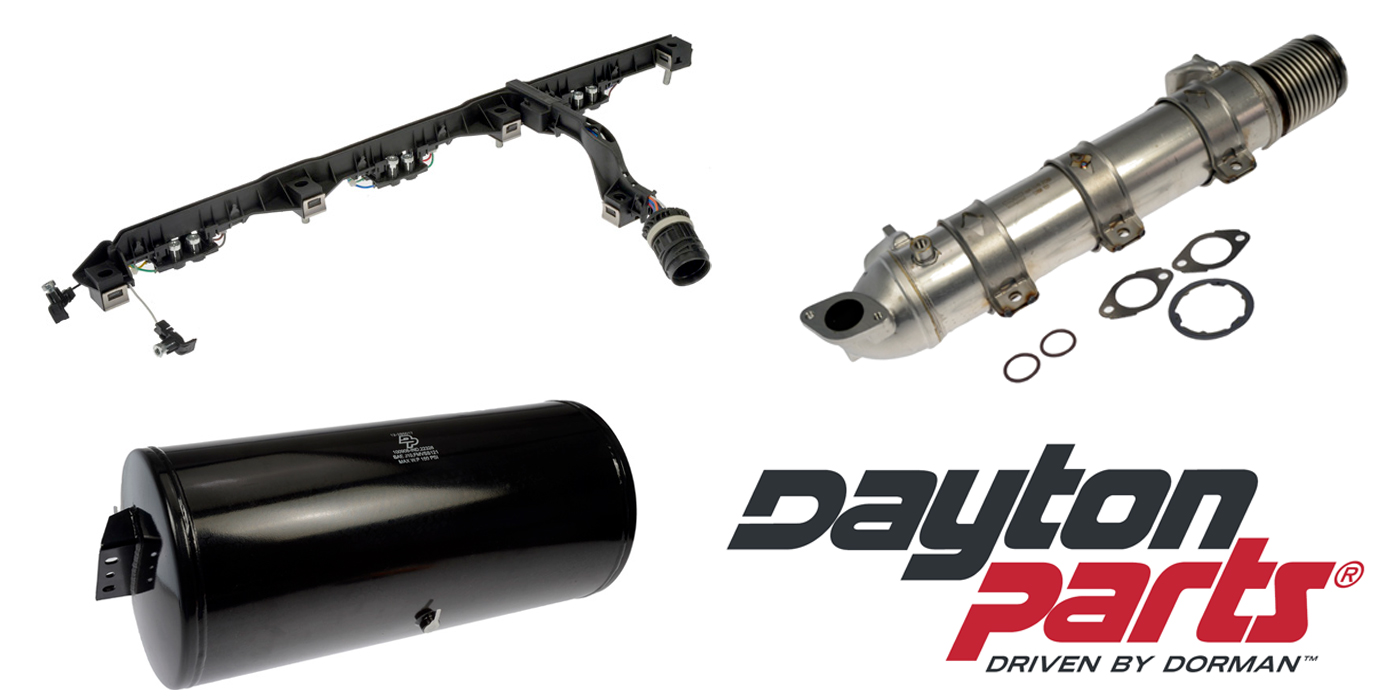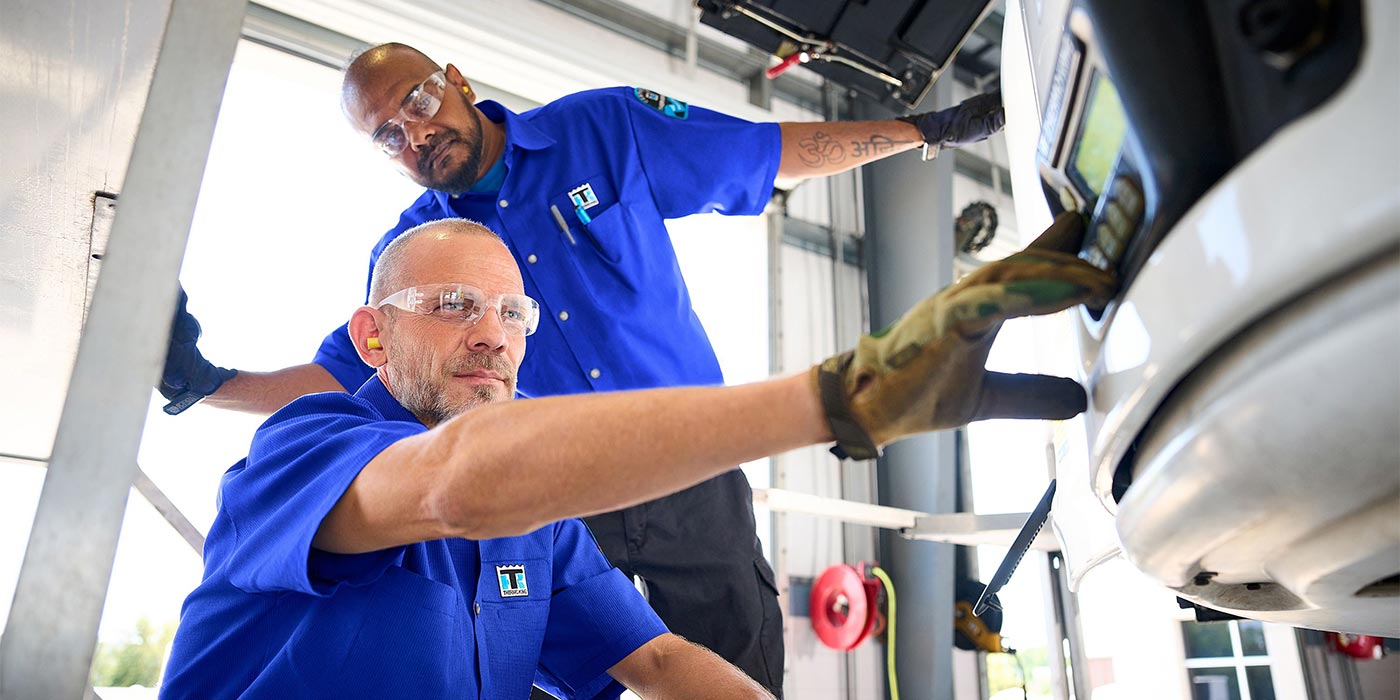I’ve said it before—I can only foresee the demand for ultra low sulfur diesel (ULSD) fuel increasing in the near term (two to three years). Several factors are acting simultaneously around the world to increase demand for diesel fuel significantly.
Low CO2 regulations are gathering momentum worldwide. Europe is ahead of us, but the concept is getting considerable attention in the U.S. The Diesel Technology Forum recently postulated that the latest efforts of the EPA and NHTSA will result in more clean-diesel choices for North America in the near future. The Federal fuel economy standards for light-duty vehicles (35.5 MPG by 2016) will mean a plethora of light-duty diesel vehicles will be introduced into the U.S. market. And the Senate recently introduced a bill allowing the EPA to set fuel standards (without regard to costs or the economy).
Ford Europe just announced a 1.5 million British pound low CO2 project. In addition to electric vehicles, they are touting a low CO2 (98 gm CO2/km) diesel engine for light-duty service. How long will it take for this engine to hit the U.S. in both cars and small delivery vehicles? We’ve already learned that Audi, BMW, Honda, Mazda and VW either plan to (or already have) introduce light-duty diesels into the U.S. market. I’m certain that Mercedes and Toyota will have similar offerings to improve overall average fleet MPG. Although each light-duty vehicle doesn’t use much ULSD, keep in mind that the numbers of such vehicles are enormous. I think we can also predict tax incentives to help place these vehicles into our vehicle population quickly.
Regulators are also putting pressure on the railroads to clean up their emissions. Railroad diesels currently utilize old technology and higher sulfur diesel fuel. When these engines are updated and the railroads go to ULSD fuel, additional pressure will be placed on already limited U.S. diesel fuel refining capabilities.
The marine industry has been notified that ships are going to be required to reduce their emissions while in U.S. waters and ports. That will mean they can no longer use the very high sulfur “Bunker” fuel (ca 1% Sulfur) they are accustomed to using. These ships use tremendous quantities of diesel to fuel their 10,000 HP (and up) engines, so this will translate into still more pressure on U.S. refining capabilities.
On the other hand, environmentalists are still actively delaying refinery upgrade projects. If we were to automatically start all these projects today, it will still be years before product actually reaches the marketplace. I realize Big Oil doesn’t generate a lot of trust, but we need to cut them a little slack on this issue.
At the most recent National Petrochemical and Refiners Association (NPRA) annual meeting, refining consultants stated that petroleum demand in the Atlantic basin region will increase in 2010. In fact, they expect demand to reach peak 2007 levels by 2012 or 2013. In 2009, demand for #2 diesel dropped to about 3.6 million barrels (42 ga. barrels) per day. They are forecasting demand will increase to 4 million barrels per day in 2011 and 4.5 million barrels per day by 2015.
So, I’m a little worried. To substantiate my concerns, the Department of Energy recently stated it expects ULSD fuel to sell for an average of $2.95/gal. in 2010 and $3.12/gal. in 2011. You remember the DOE; they’re the government agency that was formed in 1973 to reduce our dependence on foreign sources of oil. They’ve really done an excellent job thus far! I think their estimates are actually low, so I’m beginning to get concerned. You should be, too.
Lock in those fuel prices now if you can possibly do it.













